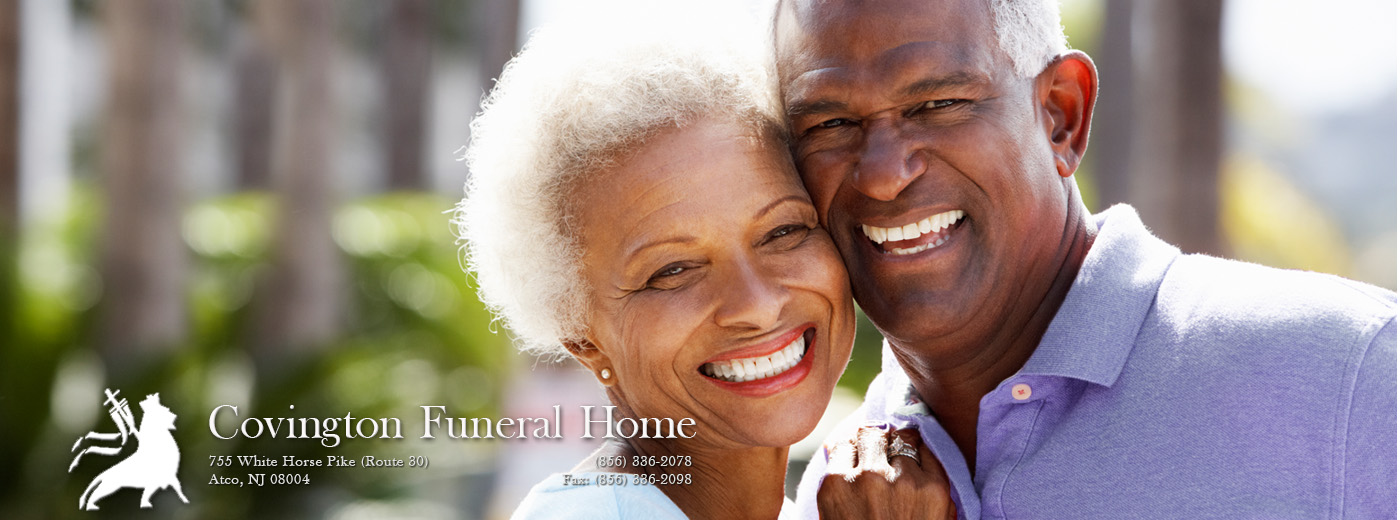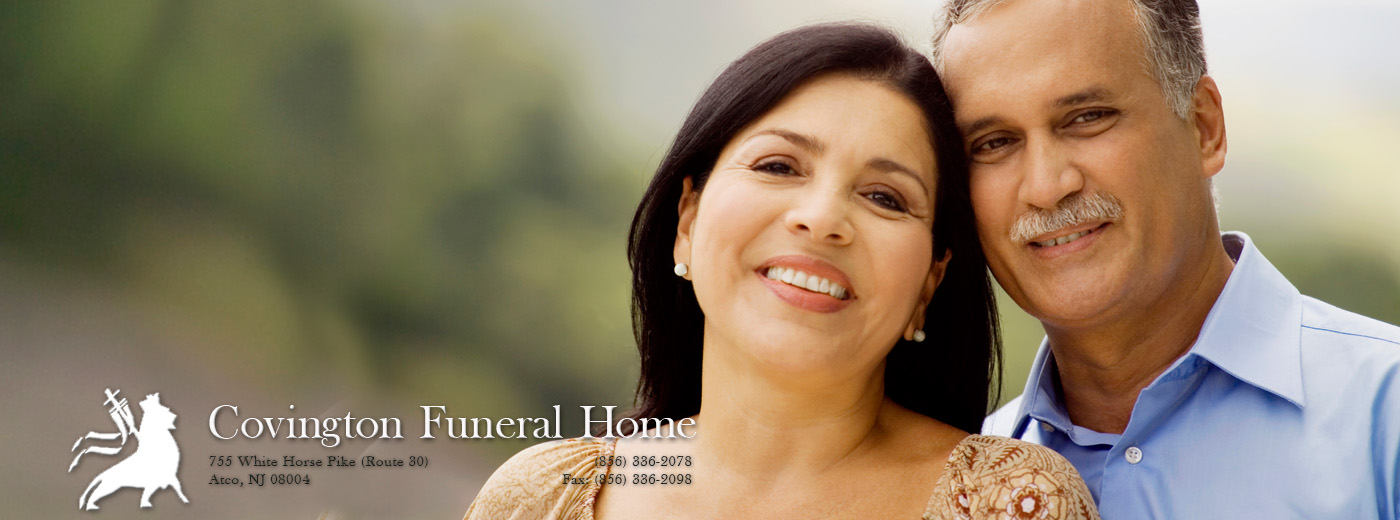Why do we have funerals?
It's important to recognize that funerals are for the living .. .for those who will suffer the trauma of losing a loved one. It is through the funeral process that a number of emotional needs are met for those who grieve.
A funeral is similar to other ceremonies in our lives. Like a graduation ceremony, a wedding, a baptism and a bar mitzvah, a funeral is a rite of passage by which we recognize an important event that distinguishes our lives. Regardless of the final disposition, whether it is burial or cremation, funerals serve a purpose.
The funeral declares that a death has occurred. It commemorates the life that has been lived, and offers family and friends the opportunity to pay tribute to their loved one.
The gathering of family and friends for the visitation and funeral service helps to provide emotional support so needed at this time. This will help those who grieve to face the reality of death and consequently, to take the first step toward a healthy emotional adjustment.
Psychologists have established that denial is a natural part of the grieving process. Until a bereaved person truly accepts the fact that a death has occurred, no progress can be made in resolving their grief. Research indicates that viewing the body of the deceased helps to fulfill the psychological needs of those who are left behind.
What role does the funeral director fill?
Today, funerals are usually arranged and conducted by licensed and trained funeral directors who handle all the technical arrangements of a funeral.
The services he/she provides include removing the deceased from the place of death, obtaining the required legal documents, preparing the body for viewing, if desired; and for the funeral, arranging for the final disposition, providing facilities for the visitation and funeral service, and transporting the deceased and the mourners to the place of final disposition.
What are my options for a funeral and final disposition?
Personalization is a valuable element of today's funerals. Whether a ceremony is elaborate or simple, funerals are often individualized to reflect the life of the deceased and to hold special meaning for family and other survivors. It may reflect one's religious beliefs as are-affirmation of faith in a greater life beyond this world.
It may reflect the occupation or hobbies of the deceased. It may center around an ethnic background or social affiliation.
Generally, a ceremony is conducted with the body of the deceased present. In this sense, the ceremony provides an occasion for saying final good byes prior to disposition of the body.
In our society, three basic forms of final disposition are practiced. The first is earth burial, which continues to be the form of disposition chosen most often.
Cremation is a form chosen by some. This is actually a process of preparing the body for final disposition whereby the body is reduced by intense heat over several hours to a few pounds of small skeletal fragments. These cremated remains are usually placed in a memorial urn which may be buried, placed in a memorial niche, or kept in some other location, such as the home.
Finally, entombment in a crypt is also a choice and is one of the oldest forms of disposition, dating back before Christ. Today, most cemeteries maintain crypts for entombment which may be in a mausoleum or in an outdoor garden.
How much do funerals cost?
The cost of a funeral may vary depending on the charges of the funeral home, the type of service and merchandise selected. Ask the funeral home for a price list which explains their pricing structure. They are required by law to provide you with a "General Price List" that you must take with you. According to the National Funeral Directors Association, "The average cost of a funeral as of December 2019, is $9,135.00."
If I choose cremation, can I still have a funeral service?
Yes. You can choose a traditional or customized funeral and have cremation as the final disposition instead of earth burial or entombment.
I have a pre-need funeral arrangement with another funeral home. Can I transfer the arrangements to your funeral home?
Yes. In almost all instances, prepaid funeral contracts are payable to the funeral home that provided the services and merchandise. Contact us to see if your pre-need arrangements are transferable.
Will Social Security Administration payor contribute towards funeral expenses?
No they will not. They will pay in addition to the monthly benefits for family members, a one-time payment of $255.00 can be paid to a spouse who was living with the worker at the time of death. If there is none, it can be paid to:
A spouse who is eligible for benefits.
A child or children eligible for benefits.
This payment cannot be made if there is no eligible spouse or child. For more information, please go to our resource page where you will find a link to the SSA Website.








